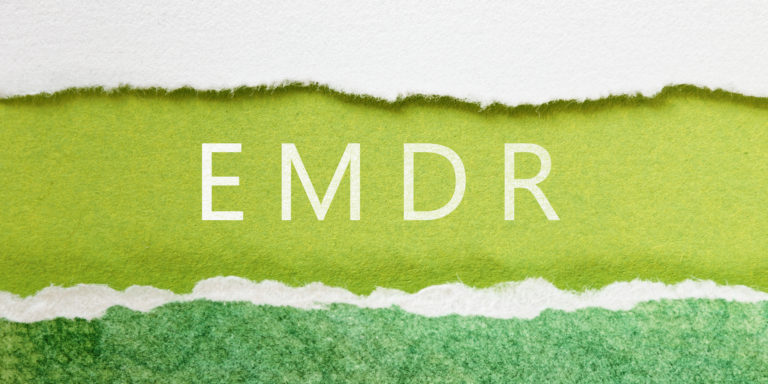
If traditional talk therapy doesn't feel like it's enough, EMDR therapy can help you process painful emotions and get to the root of healing of your symptoms with an evidence-based treatment.
What is EMDR?
The EMDR approach believes that unprocessed past emotionally-charged experiences are overly influencing your present emotions, sensations, and thoughts about yourself and the world around you. It’s as if the past is fully alive in your present day reality, or as if your nervous system is running an outdated software and needs to be upgraded to present day.
EMDR focuses on the brain’s ability to constantly learn, taking past experiences, and updating them with present information. EMDR uses rapid sets of bilateral stimulation in the form of eye movements, tapping, or audio and a set of procedures to organize your negative and positive feelings, emotions, and thoughts to help you update past disturbing experiences that are affecting you in the present.
EMDR can help you get to the root of anxiety and depression symptoms and heal the symptoms versus just managing the symptoms.
Traditional EMDR & EMDR Intensives
EMDR has eight phases of treatment and is individually tailored to meet each person’s unique circumstances. The length of time it takes to get through the eight phases varies person to person and depends on complex trauma history.
I offer traditional EMDR where we meet once or twice a week or biweekly and work through the phases to process the targets identified that are holding you back from living the best version of your life.
I also offer EMDR intensives that are half day (3-4 hours) or full day (6-8 hours). Where we can have focused and dedicated time to work through deeply rooted issues in a much quicker way than traditional weekly therapy. These sessions are specifically tailored to meet your needs and can facilitate healing at a much quicker pace.
